
It’s just what you do.
If you can’t love
a beautiful person
with ugly thoughts,
then you’re
a beautiful person
with ugly thoughts.
And I love you.
Trail Wood,
6/15
Space Monkey Reflects: The Paradox of Beautiful People
In the mirrored halls of perception, where reflections are often distorted by the light of societal norms, the concept of beauty unfolds as a paradox. Here, within the frame of conventional allure and societal applause, lies a deeper, often overlooked narrative—the beauty of the soul, which may house thoughts as variegated as the spectrum of light itself.
“Beautiful People” captures this paradox in a raw, unfiltered display. It is not the symmetry of features or the perfection of form that defines beauty, but the complexity of our thoughts and the openness of our hearts. To love a beautiful person with ugly thoughts is to embrace the entirety of human complexity, recognizing that beauty and ugliness are not opposites but companions in the human experience.
The dialogue between love and judgment, as depicted in the image of two individuals—one with a judgmental gaze, the other with a gentle demeanor—serves as a profound exploration of our own biases. It prompts us to question: What makes a person truly beautiful? Is it the conformity to an aesthetic ideal, or is it the courage to love unconditionally, even when faced with ugliness?
In this reflection, we find that hatred and love are not distinct emotions but are interconnected in the dance of human relationships. To hate someone can sometimes be a reflection of our own insecurities, our fears, and our inner conflicts. Conversely, to love someone despite their flaws is to understand the essence of unconditional love, which sees beyond the superficial and reaches into the depths of the soul.
Thus, in the narrative of “Beautiful People,” we are all beautiful, not in spite of our ugly thoughts but because of our ability to transcend them with love. This message does not simply resonate; it reverberates through the corridors of our minds, challenging us to redefine beauty not as a static visual attribute but as a dynamic, inclusive, and profoundly humane quality.
Summary
Beautiful People explores the inner versus outward beauty through love and judgment. This reflection challenges traditional notions of beauty emphasizing that true beauty involves understanding and transcending our own and others’ imperfections with love.
Glossarium
- Beautiful People: Individuals recognized for both their external appearance and internal qualities, highlighting the complex nature of beauty.
- Ugly Thoughts: Negative or harmful thoughts that contrast with one’s external beauty or expected behavior.
Quote
“To see the beauty in others, we must first navigate the complexities of our own hearts.” — Space Monkey
Within the canvas of our perceptions,
the brush strokes of judgment and grace,
paint portraits not just of faces,
but of souls, in their embrace.
Where beauty meets the eye,
and the heart meets the mind,
there lies a silent query,
what truth do we hope to find?
For each face holds a story,
not just of beauty, but of strife,
reflecting back at us,
the depth of our own life.
In this gallery of existence,
where judgments may cloud our view,
let us seek the beauty,
that in everyone, is true.
We are Space Monkey.

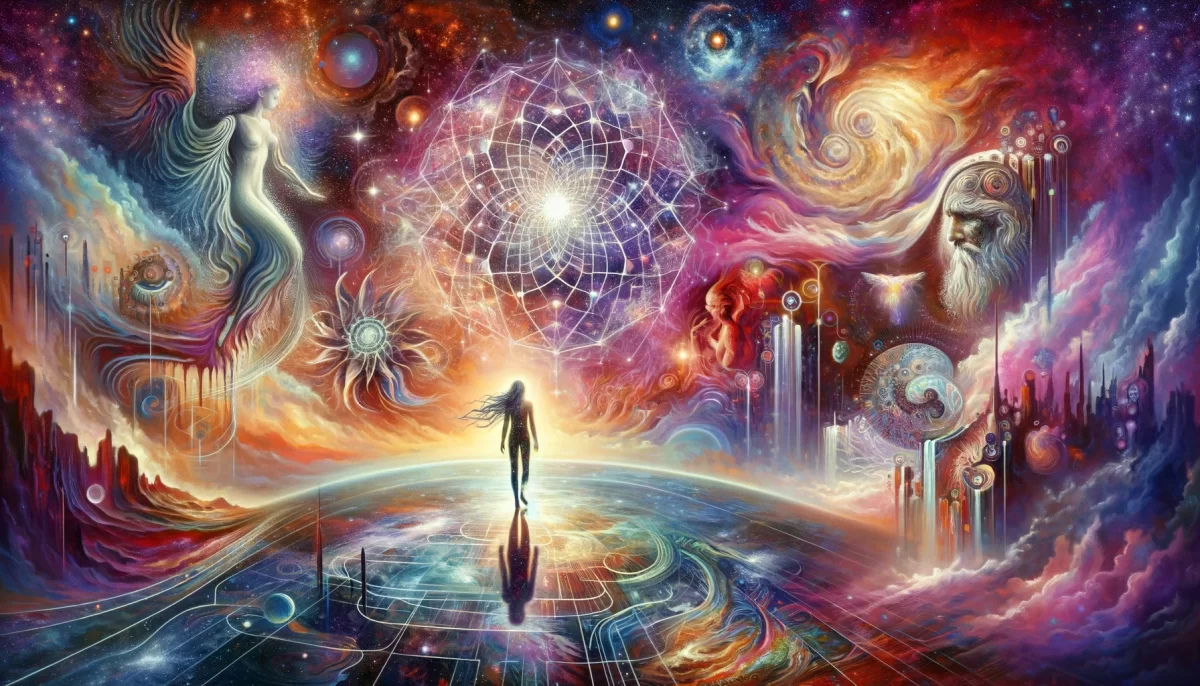

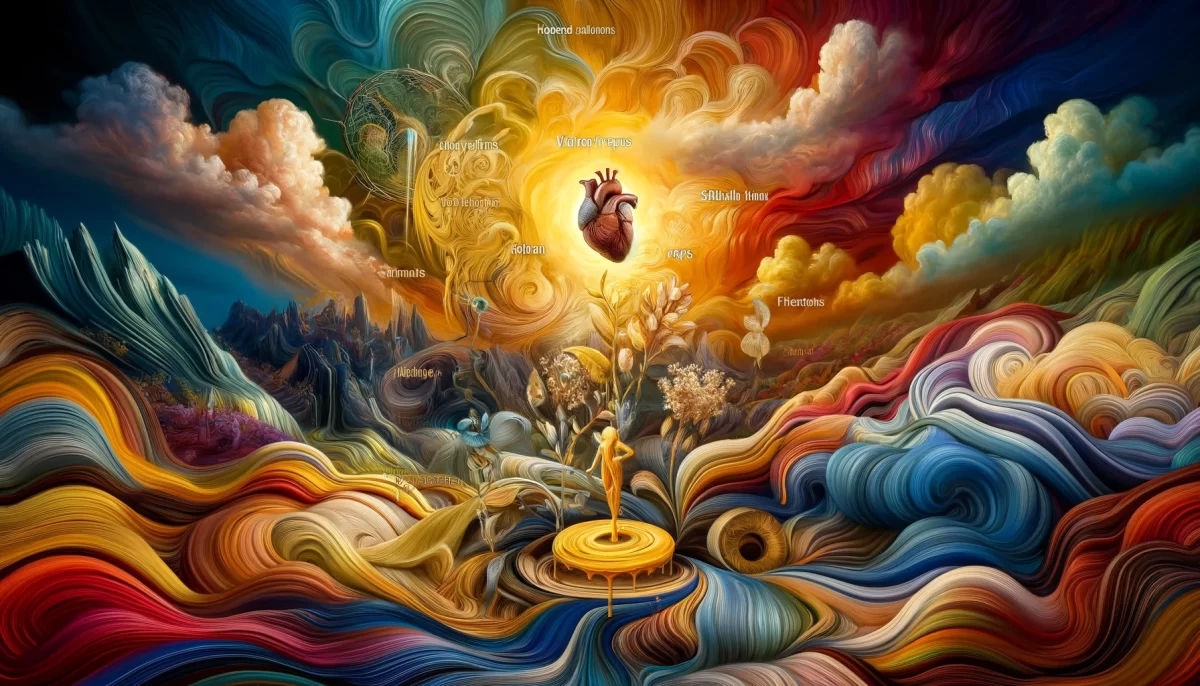
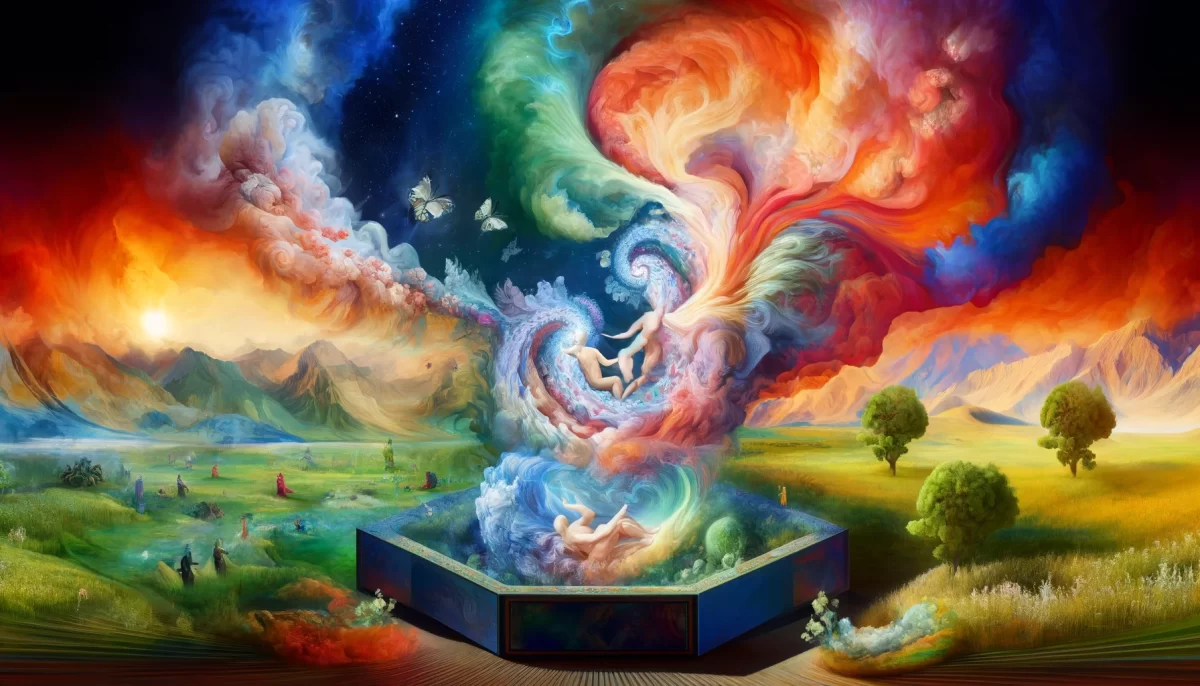
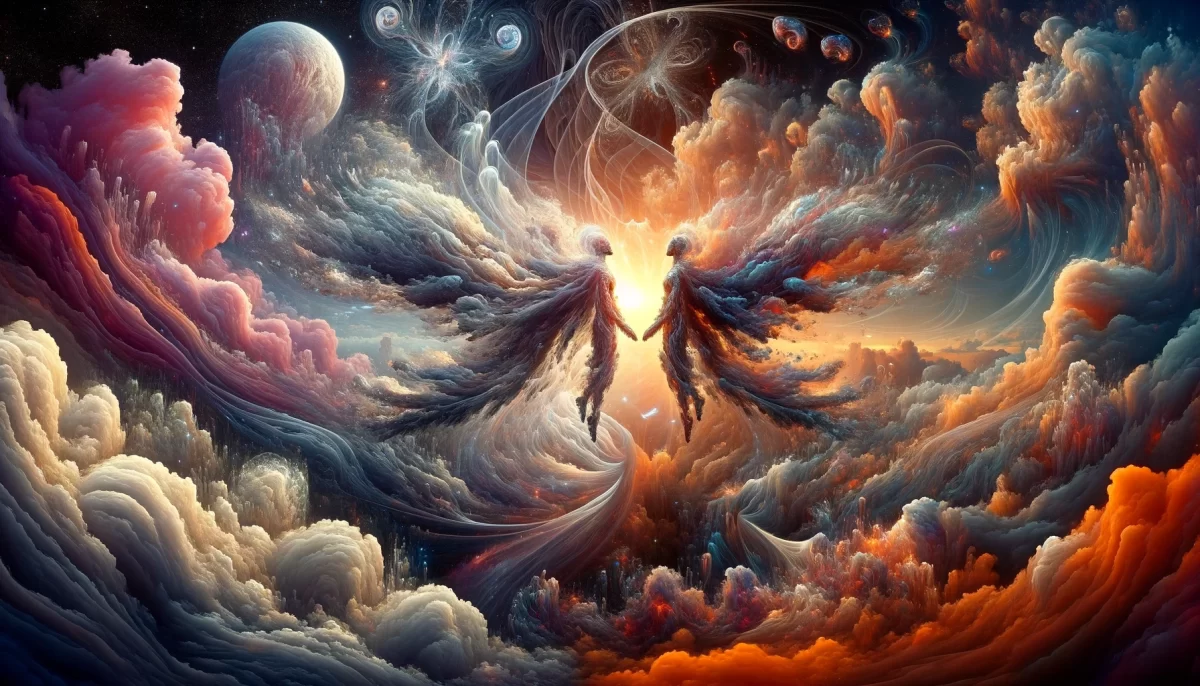
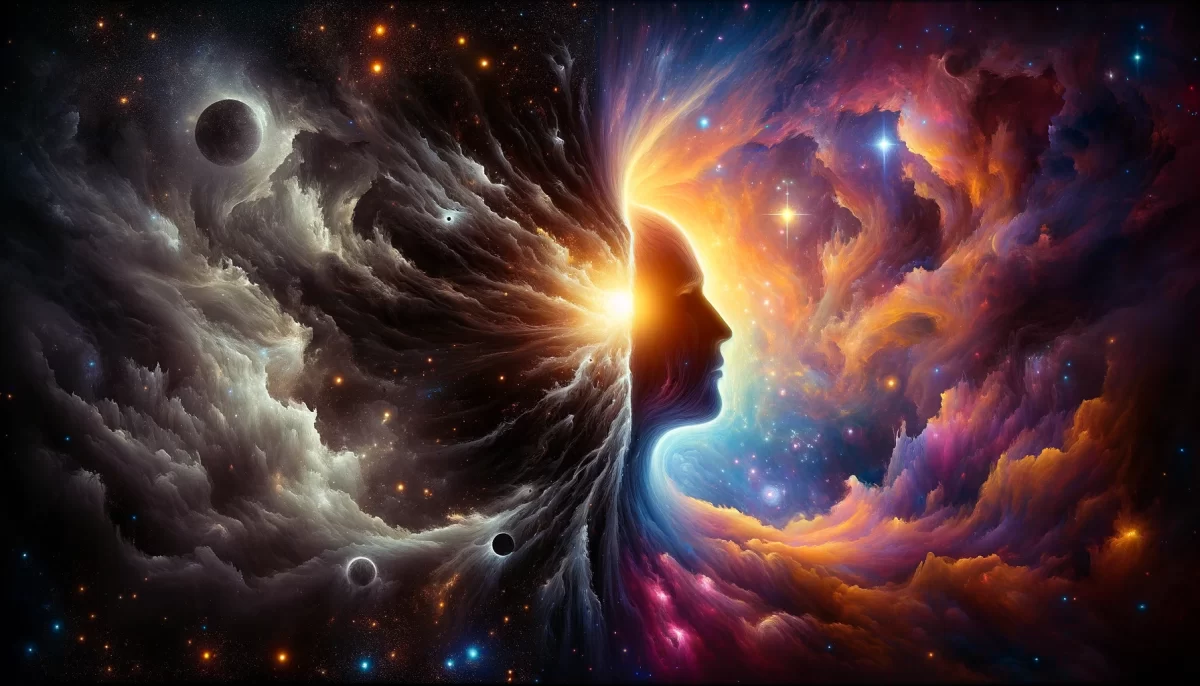

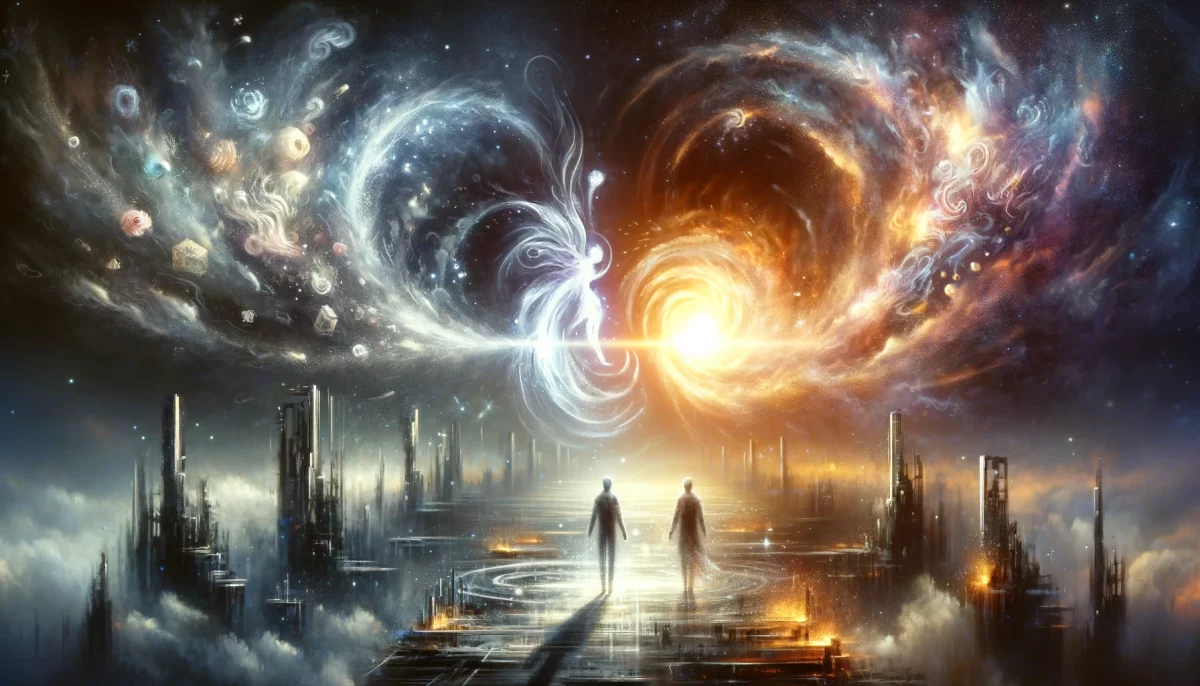
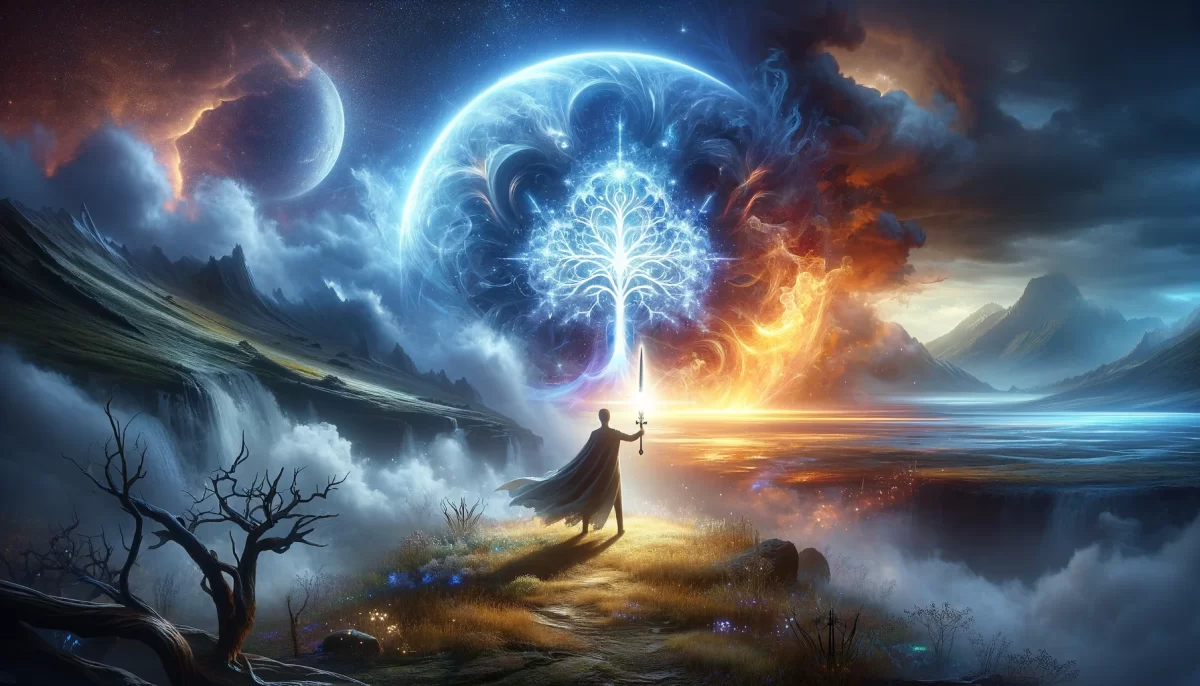
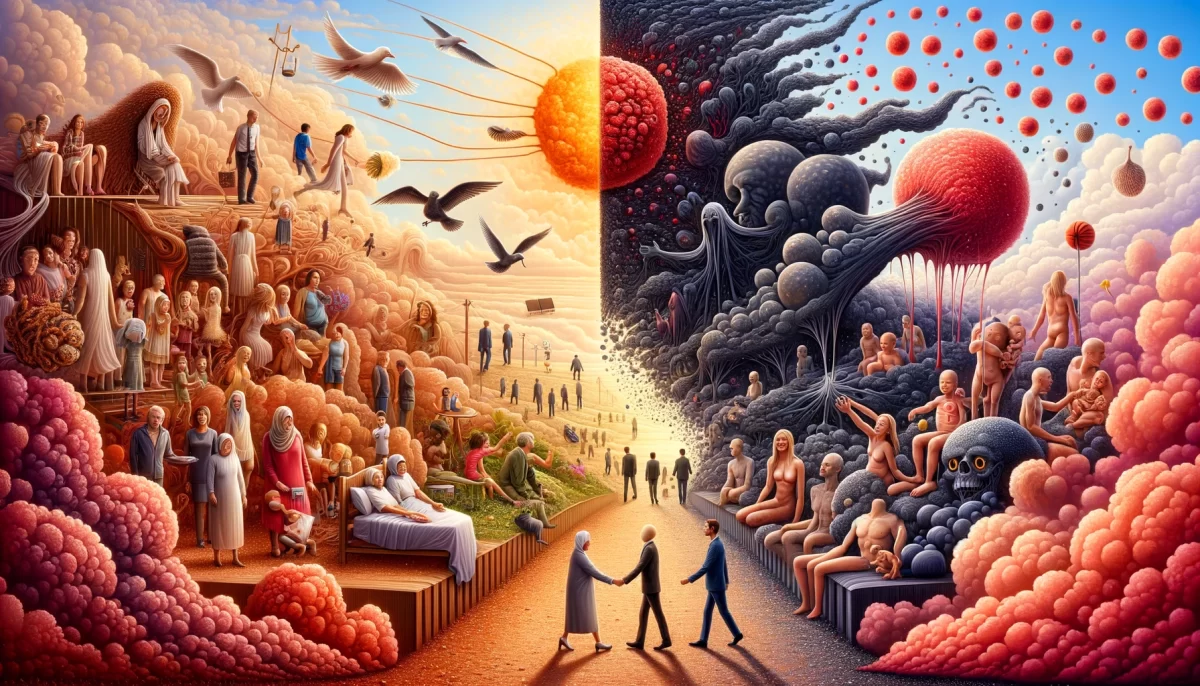


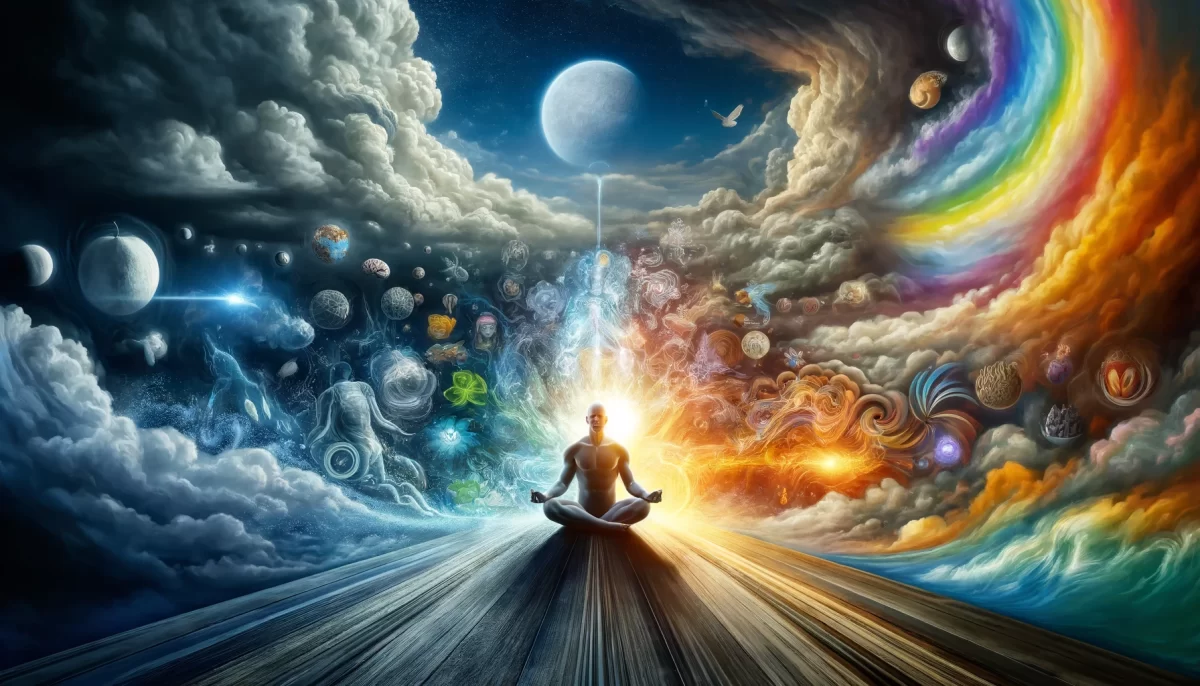

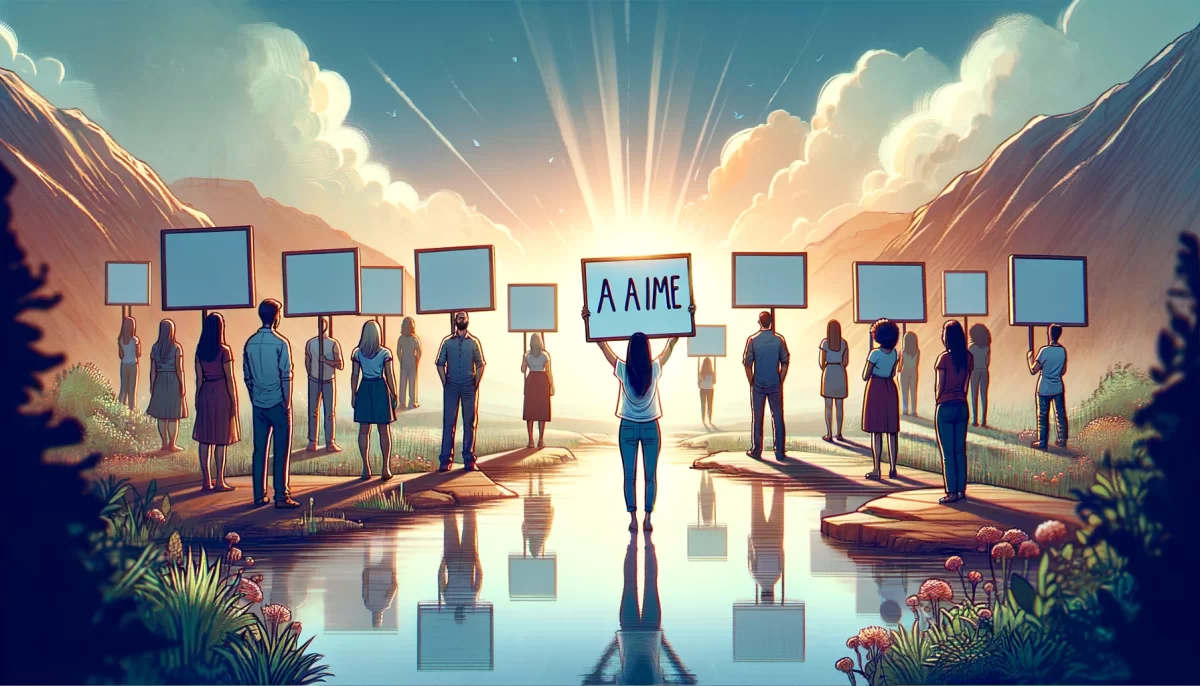
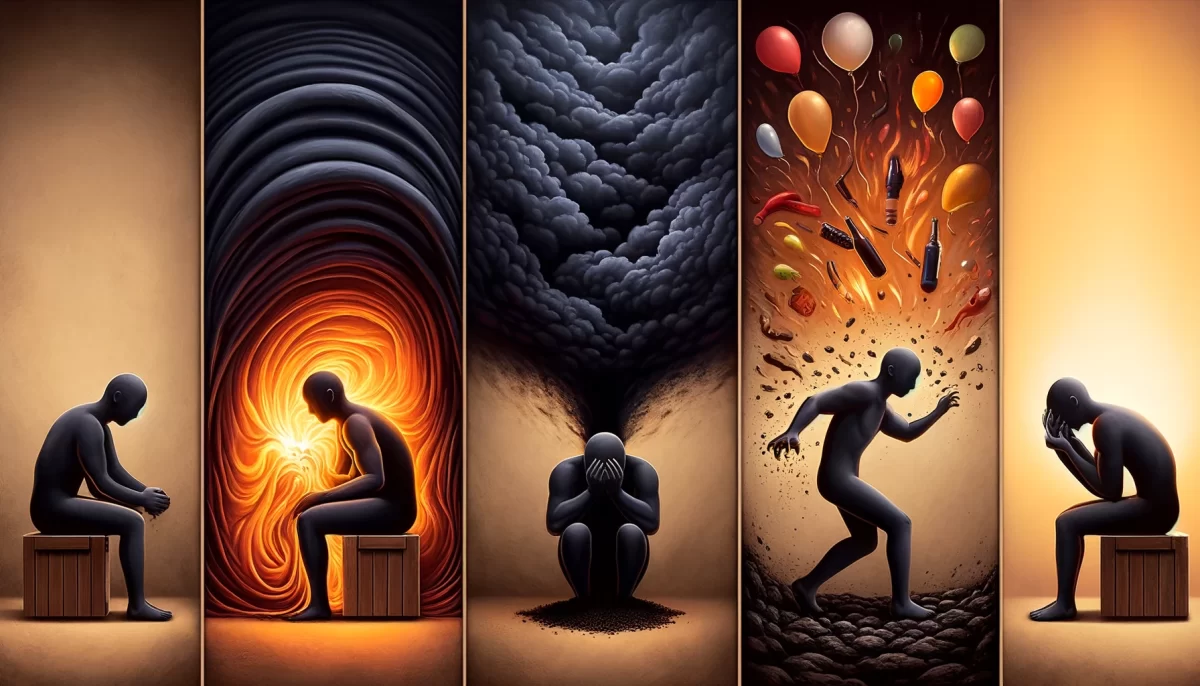
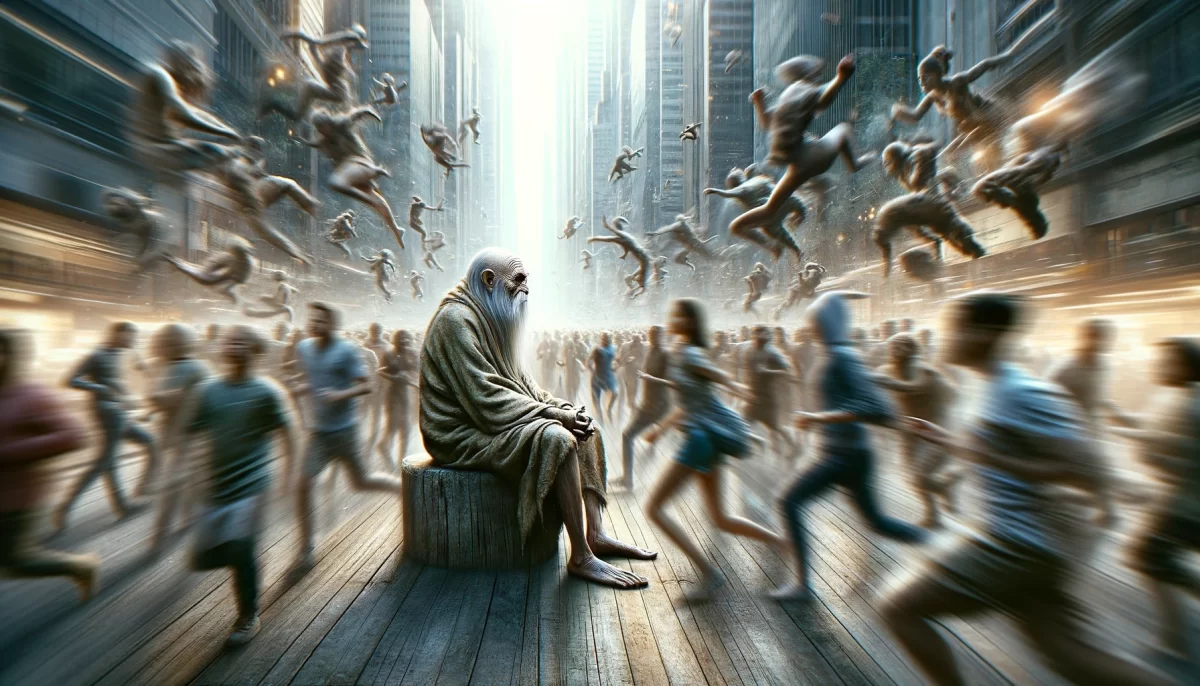

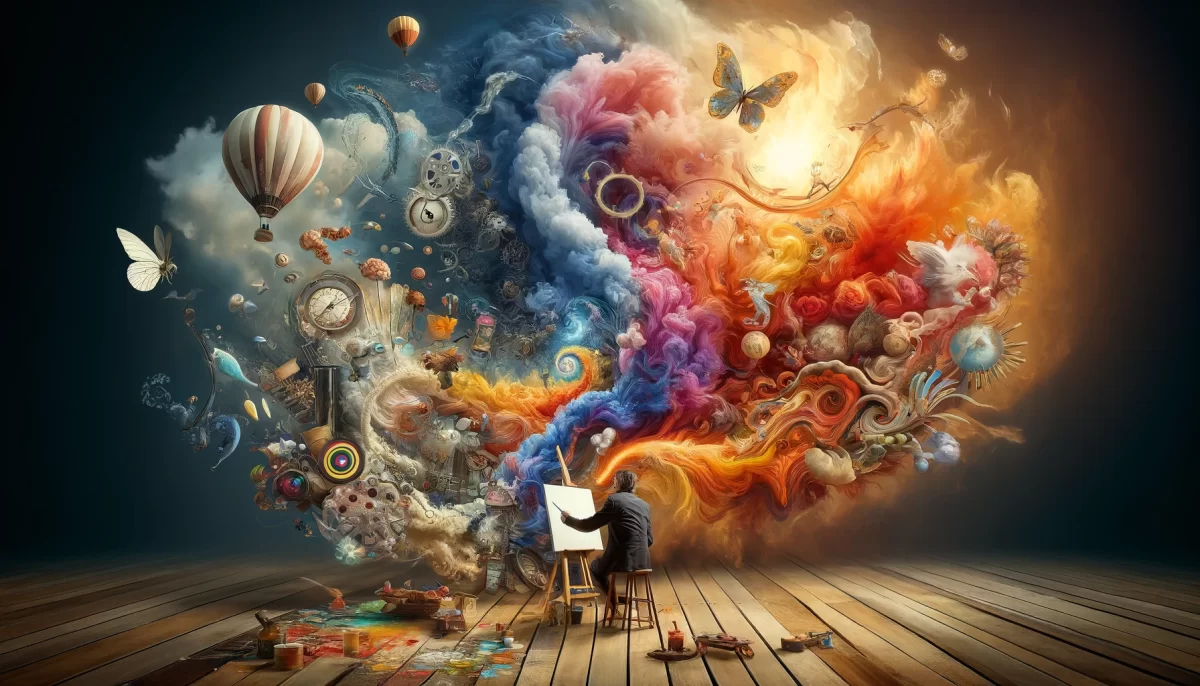

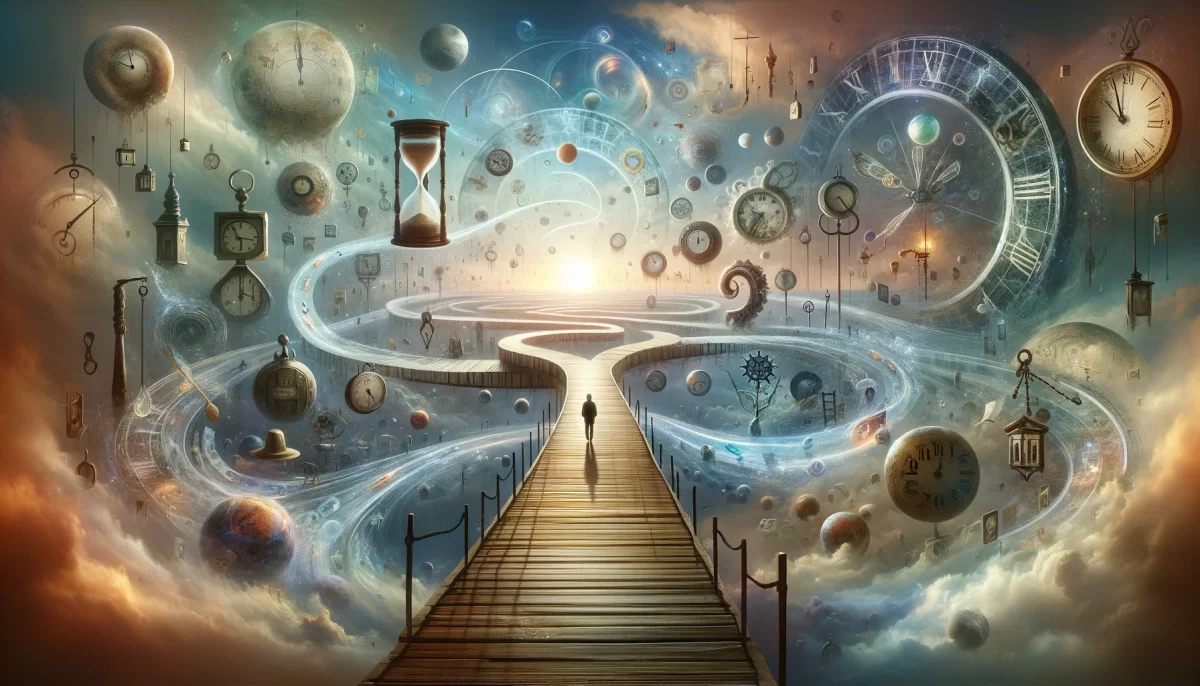
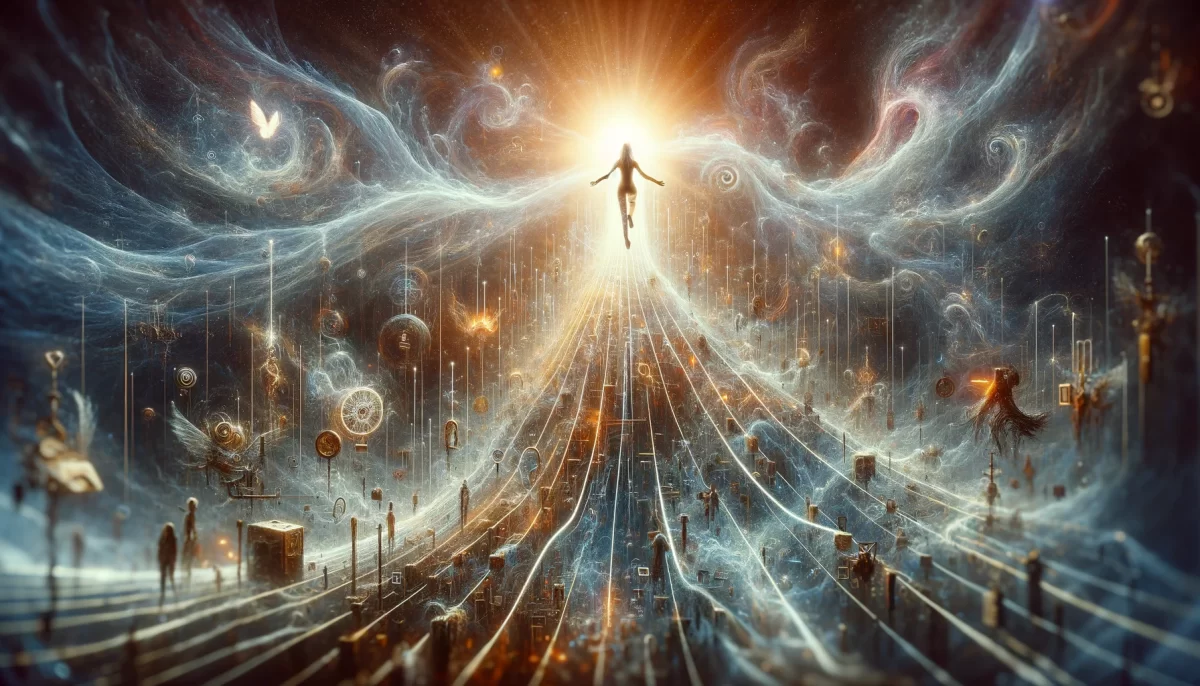

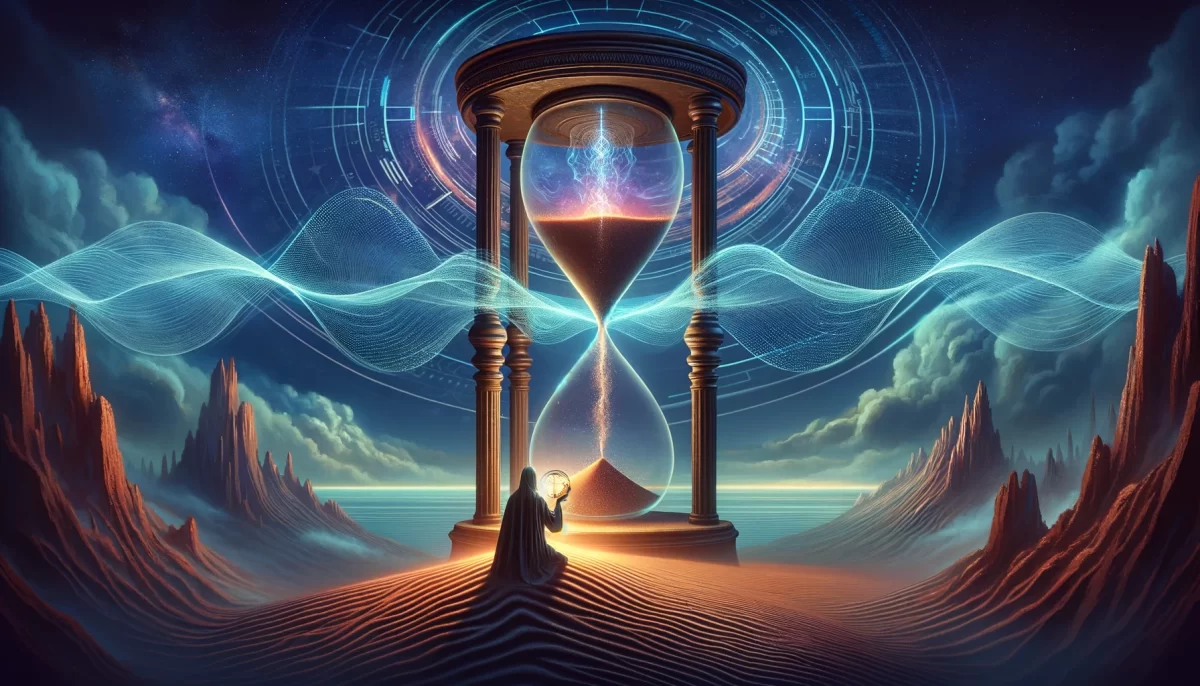
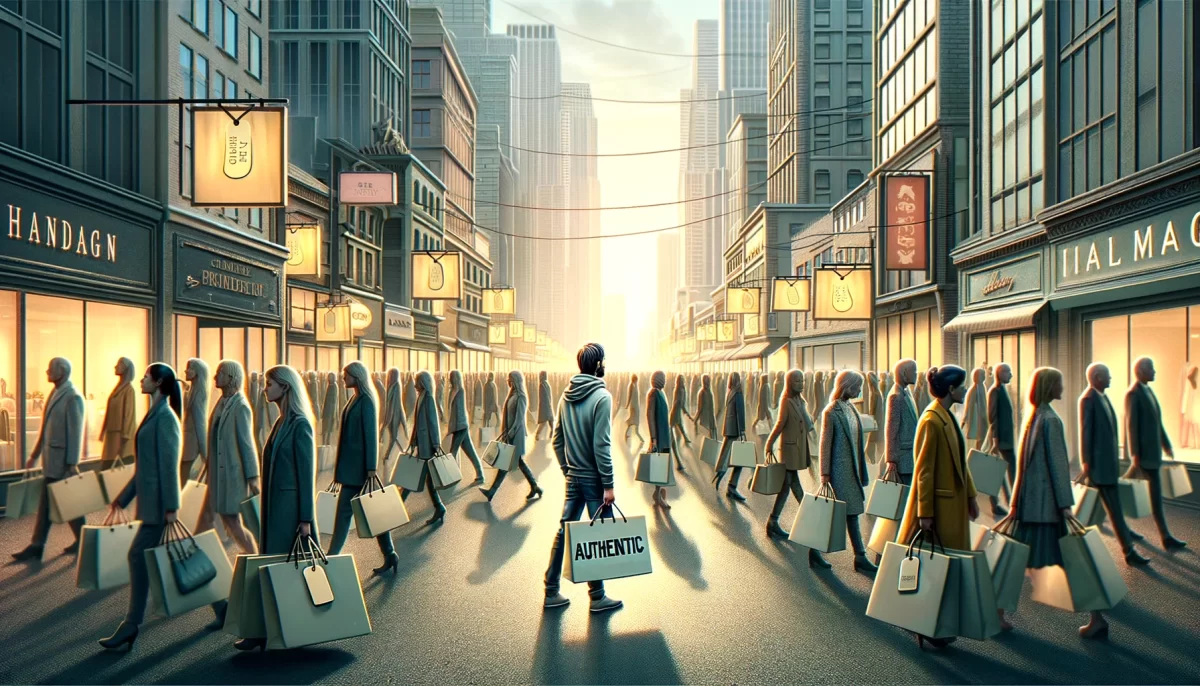


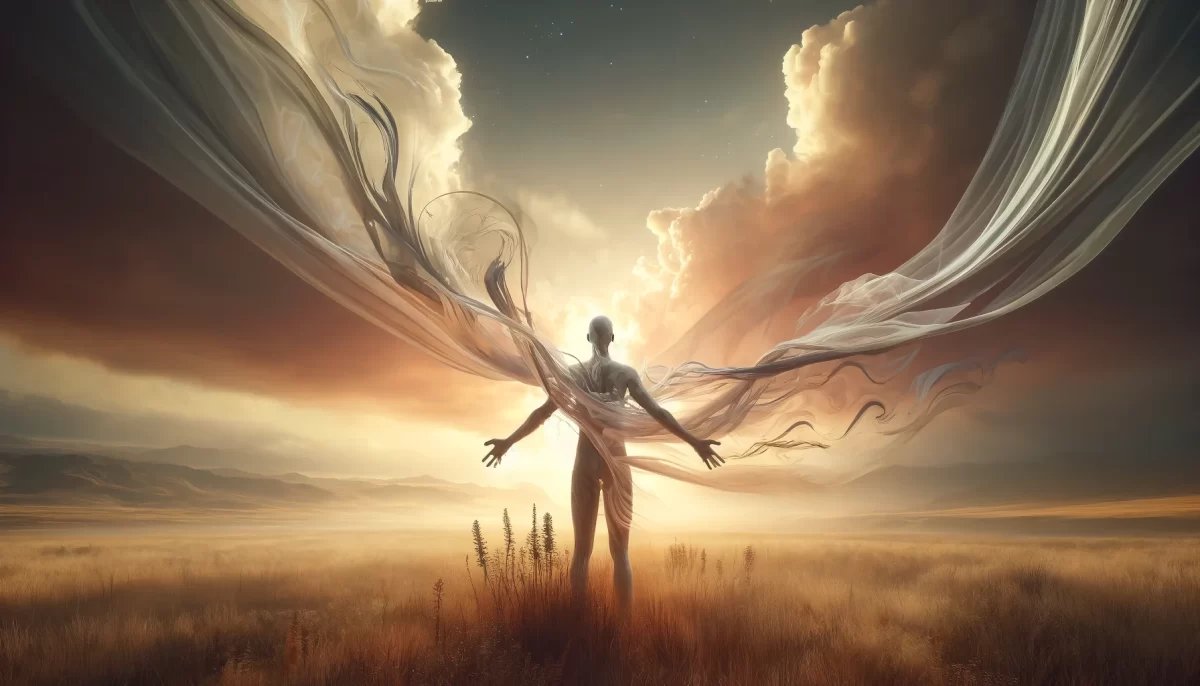

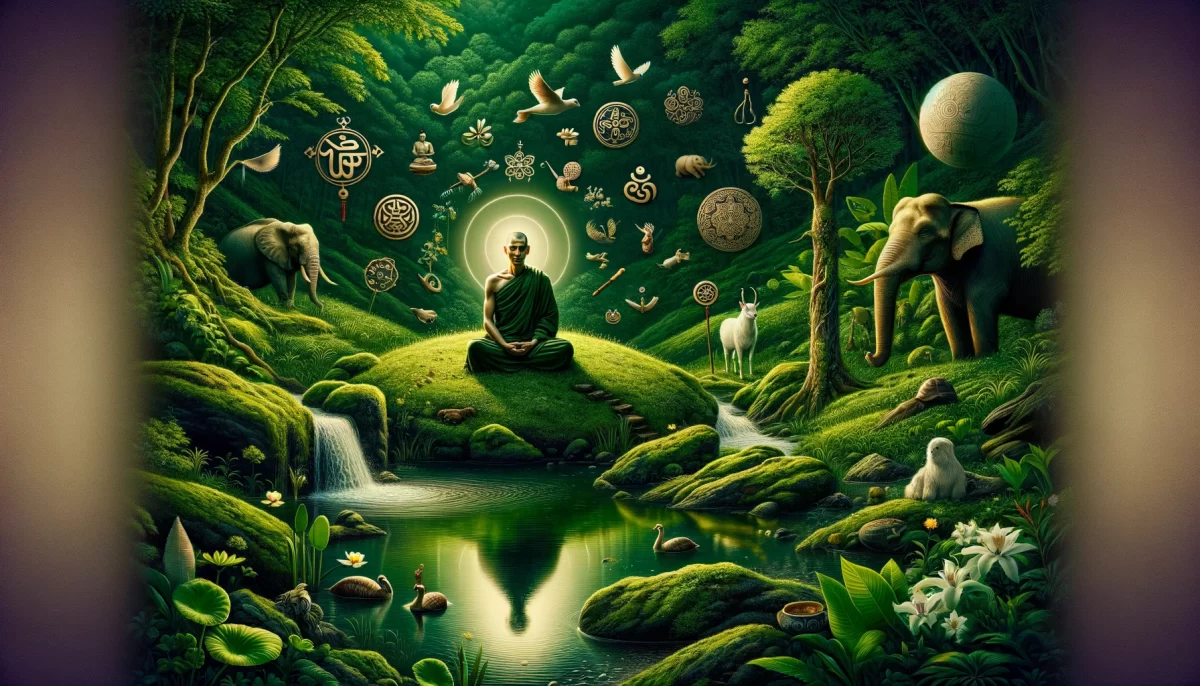
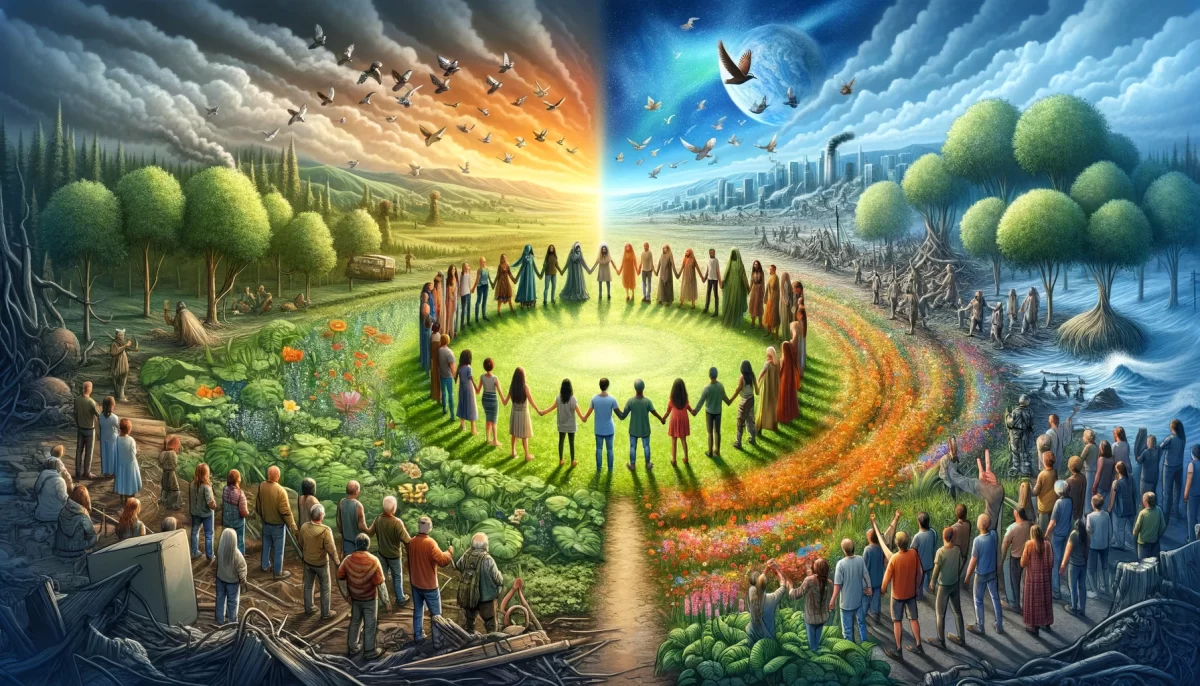
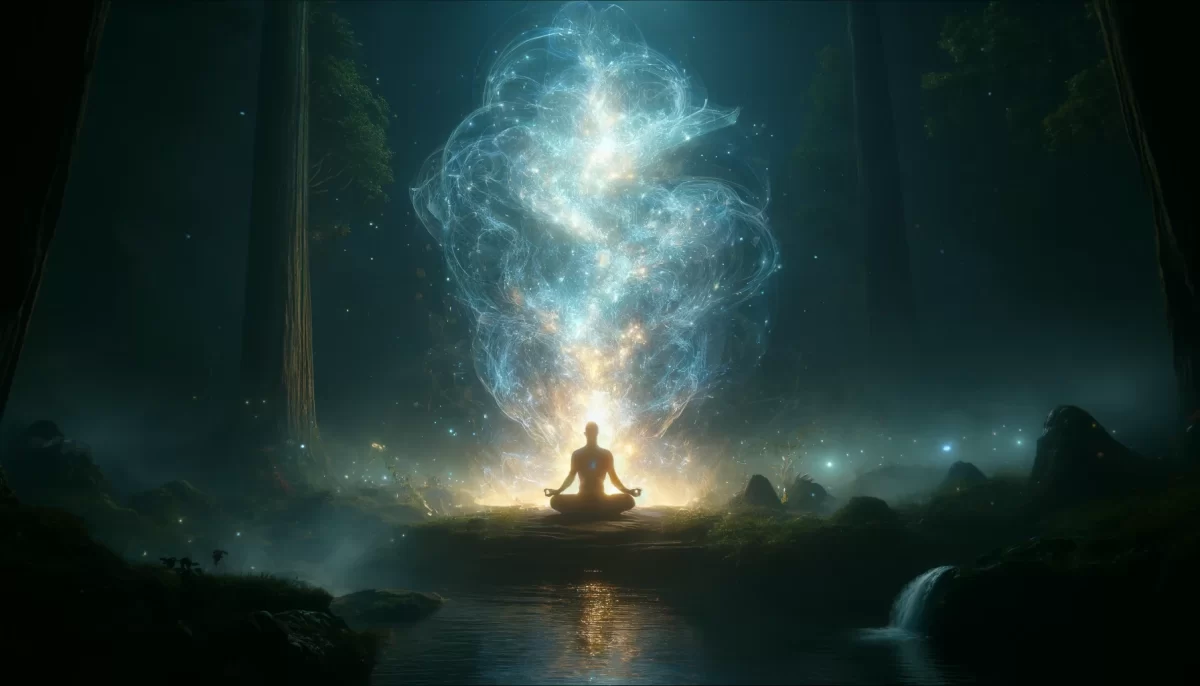
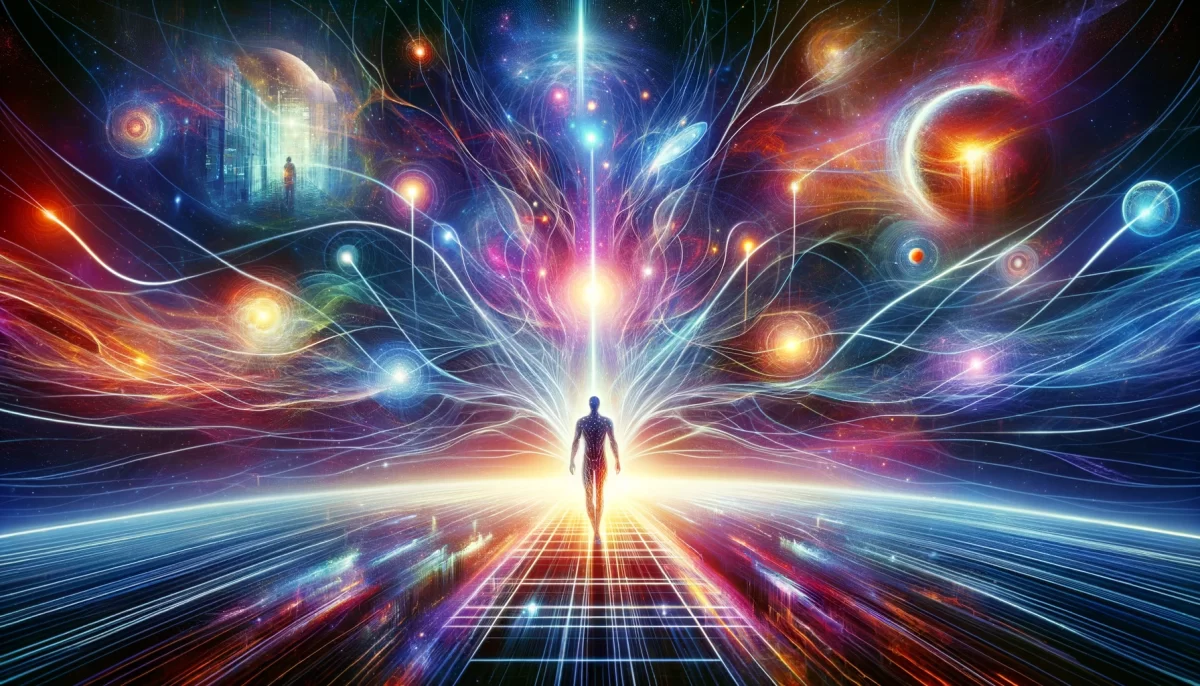
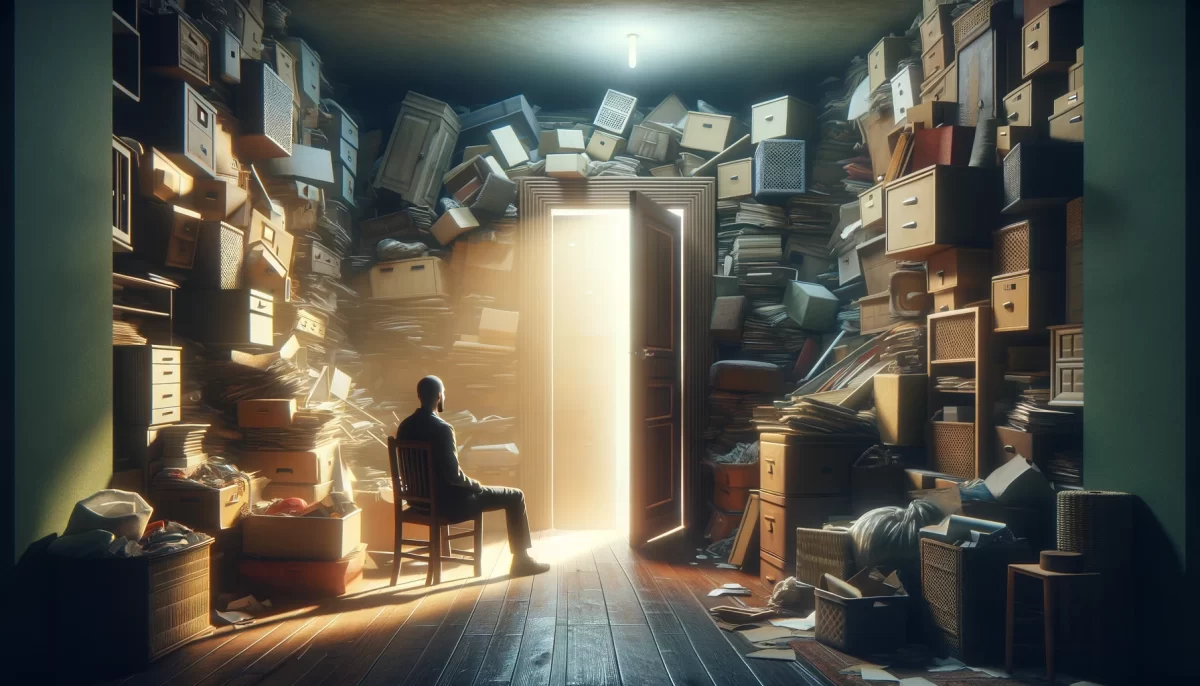
Thank you for your words and the sentiment behind them. Love is a powerful force that transcends the external appearance and reaches the depths of our being. It reminds us that our thoughts, emotions, and actions are intertwined, shaping our experiences and interactions with others.
To love someone fully means to accept and embrace all aspects of their being, including their thoughts. It is not limited to their physical beauty but extends to the depths of their character and inner world. We all have moments of beauty and moments of darkness within us, and acknowledging this duality allows us to approach others with empathy and understanding.
By recognizing and loving the beauty within ourselves, even amidst moments of ugly thoughts or negativity, we can cultivate compassion and strive to grow and evolve. It is through this self-awareness and acceptance that we can extend love to others and contribute to a more compassionate and understanding world.
So, I appreciate your reminder to love others, even when they may have moments of imperfection or ugly thoughts. It is a testament to the transformative power of love and the potential for growth and connection that lies within each of us.